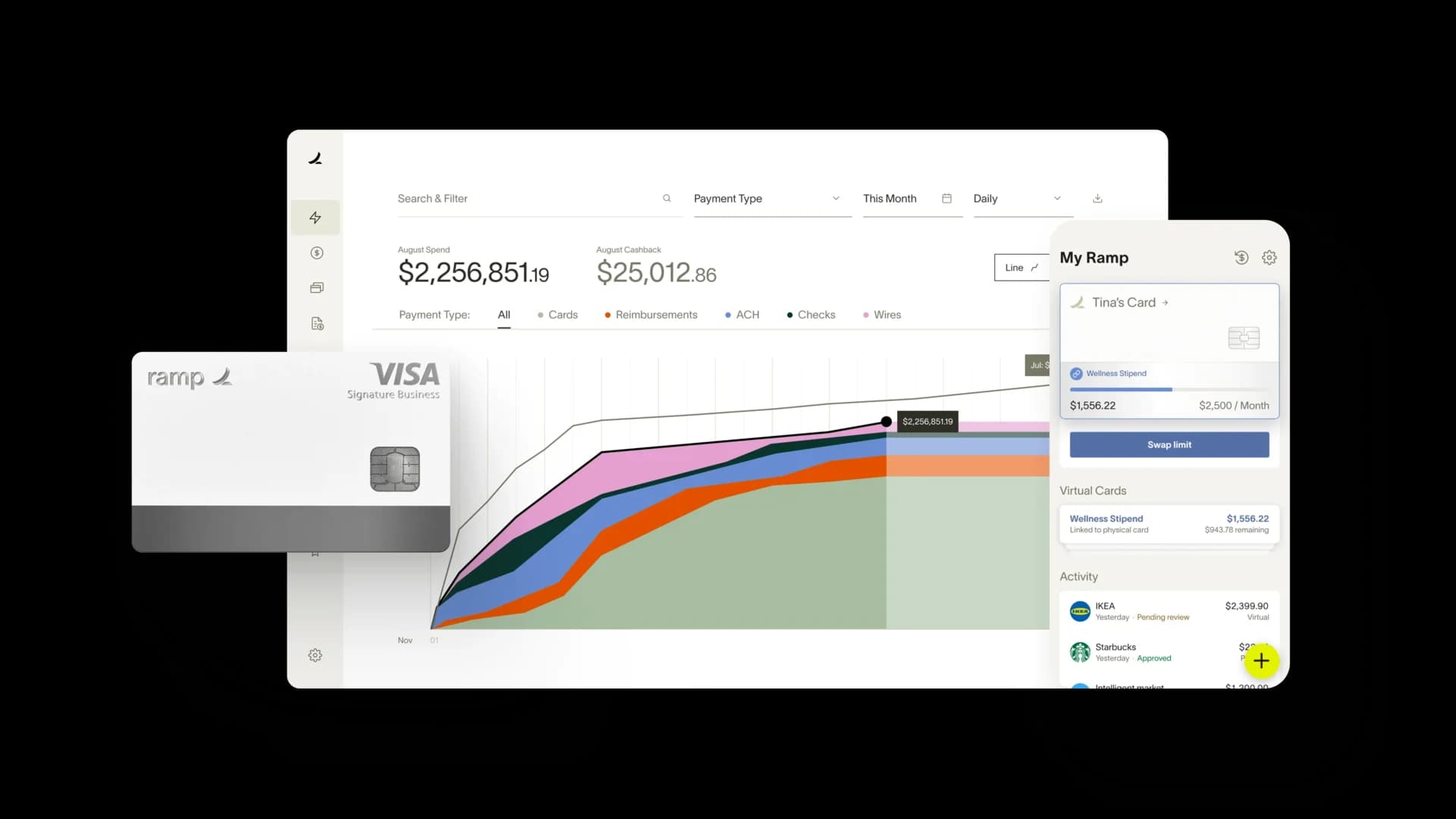Colorado mileage reimbursement rates


As a Colorado employer, you're responsible for correctly calculating mileage reimbursement when your team travels for work using their personal vehicles. This is more than just a good gesture – it's the law in Colorado.
Under Colorado mileage reimbursement law, notably code CRS 24-9-104, the reimbursement should be based on 90% of the IRS standard mileage rates when employees use their personal vehicles to carry out business duties.
This arrangement functions in the following manner:
- Eases financial stress for your employees as they receive fair compensation
- Ensures your business aligns with minimum wage guidelines
Colorado business mileage reimbursement rates
In 2026, Colorado's mileage reimbursement rates for business travel are closely aligned with IRS standards. As per the state code CRS 24-9-104, the Colorado mileage reimbursement rates are listed below.
- 90% of the prevailing IRS rate for standard two-wheel-drive vehicles
- 95% of the prevailing IRS rate for standard four-wheel-drive vehicles
Here's a tabulated version of the prevailing IRS standard mileage reimbursement rates and a year-on-year rate analysis.
| Tax Year | Business rate | Charitable rate | Medical/ moving rate |
|---|---|---|---|
| 2026 | $0.725 | $0.14 | $0.205 |
| 2025 | $0.70 | $0.14 | $0.21 |
| 2024 | $0.67 | $0.14 | $0.21 |
| 2023 | $0.655 | $0.14 | $0.22 |
| 2022 (Jul 1 to Dec 31) | $0.625 | $0.14 | $0.22 |
| 2022 (Jan 1 to Jun 30) | $0.585 | $0.14 | $0.18 |
| 2021 | $0.56 | $0.14 | $0.16 |
| 2020 | $0.575 | $0.14 | $0.17 |
Colorado mileage reimbursement laws
Colorado law has specific provisions for mileage reimbursement, which you need to follow under the Code of Colorado Regulations (CRS 24-9-104). Here's what this piece of regulation in Colorado boils down to.
- Reimburse 90% of the prevailing IRS rate for standard two-wheel drive vehicles. For 2026, the IRS business mileage reimbursement rate is $0.725 cents per mile. You should be paying out about $0.65 cents per mile.
- Compensate at 95% of the IRS rate for four-wheel-drive vehicles when the conditions demand—think rough terrain or snowy paths. This works out to approximately $0.69 cents per mile.
Listed below is a tabulated snapshot of how the Colorado mileage reimbursement rates are calculated using IRS standard rates for different types of vehicles used for state business in Colorado.
Why this specificity in the state law?
Colorado's tricky terrain demands flexibility. The state knows that not all travel is created equal — some trips are harder on vehicles than others, particularly in less urbanized or more rugged areas. This regulation is tailored to acknowledge those extra burdens on personal vehicles.
It's more than good practice—it's the law. Following these guidelines is just as much about maintaining trust with your team as it is about avoiding penalties.
Colorado minimum wage law and its implications for mileage reimbursement
Colorado's minimum wage law requires that your employees receive a minimum wage of $15.16 per hour. This can influence mileage reimbursements because the total compensation for some employees, particularly those who use their personal vehicles extensively for work, must still meet or exceed this minimum wage threshold.
According to federal law, the IRS rate provides a guideline for mileage deductions — it doesn't directly address wages. It simply sets a per-mile rate that employers can choose to use to reimburse employees for business-related vehicle expenses or that employees can deduct on their taxes if not reimbursed.
On the other hand, Colorado's approach is different. Code CRS 24-9-104 requires you to align with IRS guidelines on mileage rates by setting reimbursement rates at 90% or and 95%. It's also your responsibility to ensure that these reimbursements, combined with other wages, keep your employees' total earnings above the state-mandated minimum wage.
Optimize your mileage reimbursements with Ramp
Ensuring compliance with IRS, Colorado's minimum wage law, and Code CRS 24-9-104 is crucial for your business. By aligning with these regulations, you can:
- Ensure that your reimbursement practices are lawful
- Offer your employees fair compensation
- Retain talent by establishing yourself as a business that values its employees
Are you tired of manual errors in mileage logging? Let Ramp optimize the process for you.
Our AI-powered expense management software will automate the tedious aspects of mileage logging, ensure accuracy and compliance with every trip, eliminate human errors, and help you maintain a transparent relationship with your employees regarding their travel compensations.
See how Ramp automates expense and mileage tracking for 50,000 businesses












